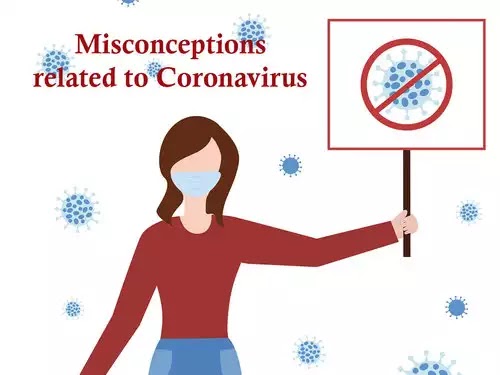Fruits and vegetables processing

Preparation of Fruits and vegetables should be prepared for preservation as soon as possible after harvesting, in any case within 4 to 48 hours. The spoilage increases rapidly as time passes. Good manufacturing practice ( GMP ) It is a system for ensuring that products are consistently produced and controlled according to quality standards. The following practices are therefore recommended each time before storage of any food commodities at home scale: Wash your hands thoroughly with hot water and soap before beginning to prepare food. Make sure that kitchen utensils and appliances are well cleaned and disinfected. Always store food in a clean place. Use herbs and spices as little as possible, because they are an important source of contamination. Use clean and pure salt only if the salt is not pure, heat it on a dry, metal sheet above the fire. Allow only clean drinking water to come in contact with fruits and vegetables. Never allow an...




